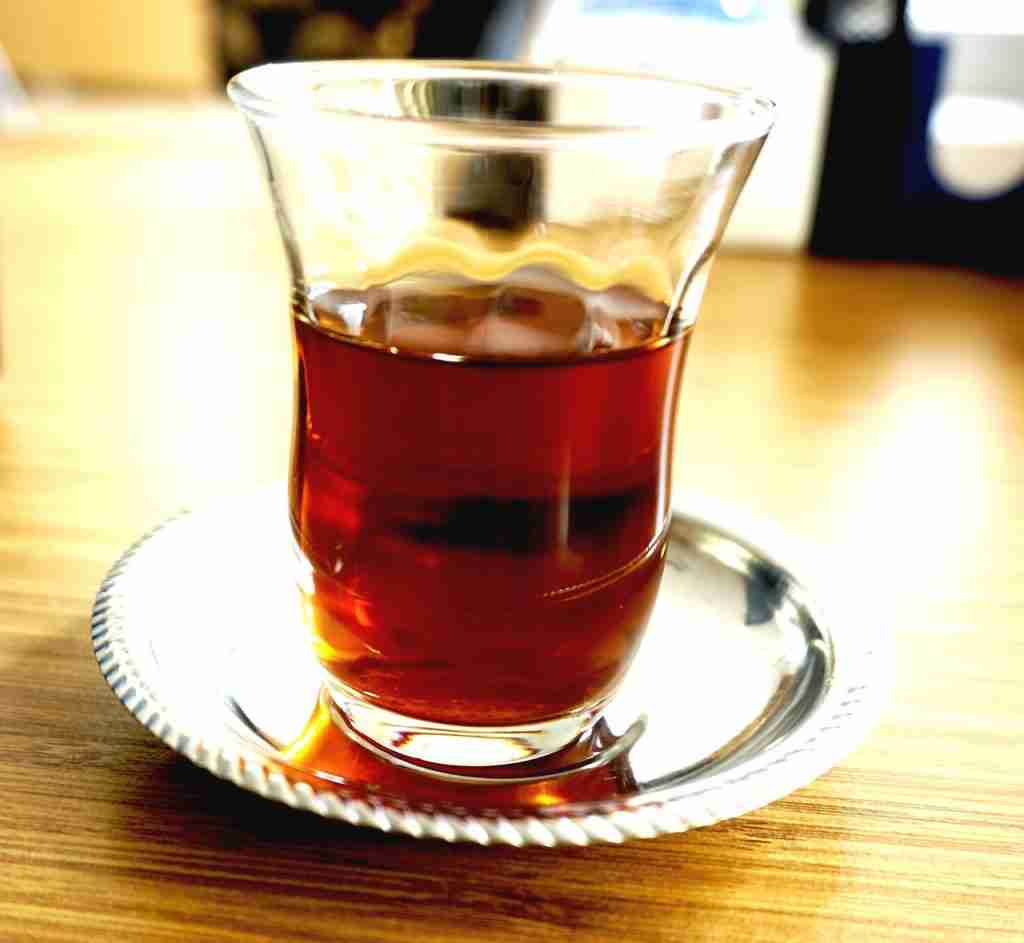
It’s also important to note that although herbal teas are marketed as caffeine-free, one mug of these may still deliver up to 12 mg of caffeine. Similarly, yerba mate, a tea traditionally enjoyed in South America that’s made by steeping the twigs and leaves of the Ilex paraguariensis plant, usually contains 85 mg of caffeine per cup (237 ml) ( 12).

It usually comes in powdered form and packs 35 mg of caffeine per half-teaspoon (1-gram) serving ( 4). Matcha green tea is another high-caffeine tea. For comparison, green teas contain 20–45 mg, while white teas deliver 6–60 mg per cup (237 ml) ( 12, 13, 14). This gives black tea a characteristic bold and sharp flavor and increases the extent to which caffeine from the leaves infuses hot water ( 4).Īn average cup (237 ml) of black tea packs 47 mg of caffeine but can contain as much as 90 mg. What sets them apart is the time of harvest and level of oxidation of the leaves ( 4).īlack tea leaves are oxidized, while white and green tea leaves are not. Tea varietiesīlack, green, and white teas are prepared from leaves of the same plant, Camellia sinensis. Therefore, 1 cup (237 ml) of brewed coffee generally has more caffeine than a cup of tea. Typically, you also use more coffee beans than you’d use tea leaves for a drink ( 12). However, the coffee brewing process uses hotter water, which extracts more of the caffeine from the beans. Tea leaves contain 3.5% caffeine, while coffee beans have 1.1–2.2%. The amount of caffeine in tea or coffee can vary significantly depending on the origin, type, and preparation of the drink ( 11). It’s associated with many health benefits, but consuming too much of it may raise some concerns.Ĭaffeine content varies by beverage type and preparation SummaryĬaffeine is a popular stimulating compound found in many foods and drinks, including coffee and tea.

In addition, some studies suggest that drinking it regularly, even in moderate amounts, can cause chronic headaches and migraines ( 8, 9, 10).įurthermore, caffeine is considered mildly addictive, and some people may be more susceptible to developing a dependence ( 9). In large doses, caffeine has been associated with anxiety, restlessness, and difficulty sleeping. That said, consuming high amounts - such as single doses over 500 mg - may raise some concerns ( 2, 3). Department of Agriculture (USDA) and European Food Safety Authority (EFSA) define a safe caffeine intake as up to 400 mg per day, 200 mg per single dose, or 1.4 mg per pound (3 mg per kg) of body weight ( 1, 2, 3).ĭue to its stimulating effects, caffeine has been linked to health benefits like enhanced alertness, improved athletic performance, elevated mood, and increased metabolism ( 4, 5, 6, 7). An estimated 80% of the world’s population enjoys a caffeinated product daily.īoth the U.S.


 0 kommentar(er)
0 kommentar(er)
